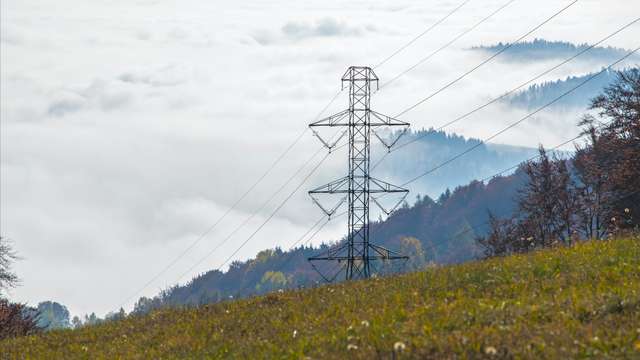
In what moods does business enter the new year? The latest research from Economist Impact, as well as DP World, shows that the biggest players in the market consistently maintain a slight, but nevertheless optimism, about global trade - and this despite the relentless tensions on the geopolitical chessboard.
Table of contents
The annual 'Trade in Transition' report showed that despite concerns about the current state of global trade and its constraints, optimism among traders is all the time fuelled by a belief in the growing role of technology and what a role it has in transforming the efficiency and resilience of supply chains, which have been badly strained for a good few years.
Minimising risk
- "We are looking for optimal solutions in an increasingly uncertain business environment," said Sultan Ahmed bin Sulayem, group chairman and CEO of DP World, who is quoted by 'BMP'
The study found that increased geopolitical risk in global trade is prompting companies to take steps to minimise risk in their supply chains by exploring friendshoring (the creation of interconnected supplier networks within politically and militarily cooperating countries) or dual sourcing strategies. More than 1/4 of companies have already decided to reduce the number of their suppliers.
Concerns about political instability, trade frictions and possible global fragmentation have also increased, potentially limiting the growth of transactions internationally.
Quite a few solutions
Nearly one-fifth of companies expressed concerns about tariffs in key markets, while 22 per cent highlighted challenges arising from political instability in source markets. Some 23 per cent were concerned about increased geopolitical anxiety.
- In 2024, with increased geopolitical risk and the growing impact of climate change, we are seeing a noticeable increase in the diversity of approaches companies are taking to their supply chains, said John Ferguson, global lead for the new globalisation at Economist Impact.
- "It is clear that technology is being deployed across all areas of supply chains to ensure that companies can adapt faster and smarter," he added, quoted by Business Insider.
AI comes into play
According to the survey, around 98 per cent of chief executives were already using artificial intelligence in at least one aspect of operations that involved supply chains.
Around a third of companies have used AI to reduce the overall cost of commercial operations and to improve resource and supply chain planning. More than 1/3 of companies said that using digital tools to manage inventory was the most effective way to reduce overall trade and supply costs.
Interestingly, one-third of those surveyed said they will focus on advanced automation and robotics to make logistics operations more efficient. Some 28 per cent will use blockchain technology to improve data tracking and security, while 21 per cent will introduce artificial intelligence, big data analytics and predictive analytics for real-time insights and predictive disruption.
The 'Trade in Transition' study was commissioned by DP World and conducted by Economist Impact, covering 3,500 company leaders.






